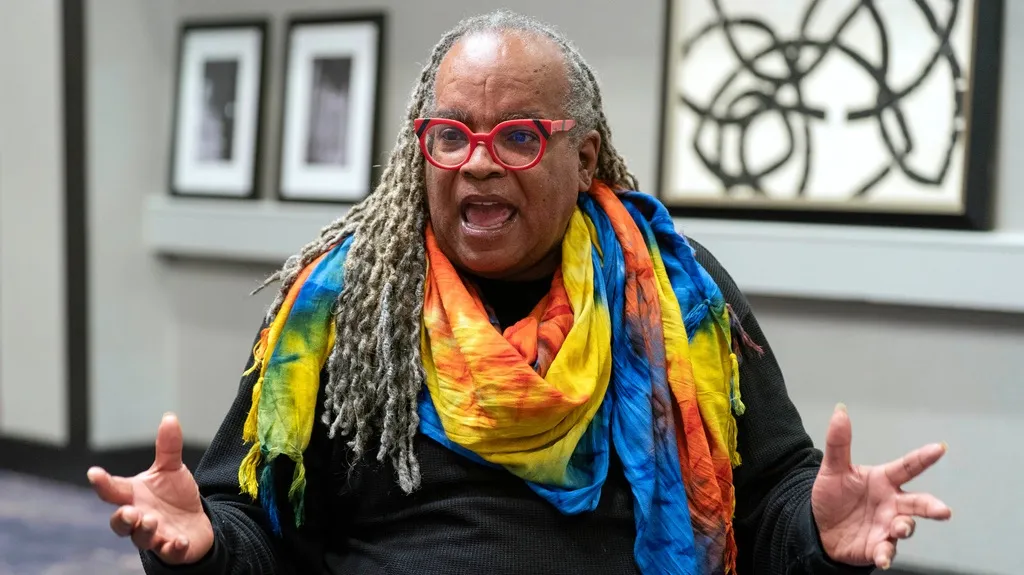May 29, 2016
New Online Poll Finds Tennesseans Divided Over Therapist Exemption Bill
John Riley READ TIME: 2 MIN.
A new poll shows Volunteer State residents are more closely divided than previously thought over a new Tennessee law that allows mental health counselors and therapists to refuse to treat LGBT patients and others based on the counselor's personal beliefs.
According to the poll by icitizen, a Nashville-based icitizen, a digital app and civic engagement platform developer, 49 percent of Tennessee voters favor the therapist exemption bill, while 41 percent oppose it. Sentiment among both sides is fairly strong and fairly divided, as 27 percent say they "strongly" support the law, while 26 percent say they "strongly" oppose it.
The online poll was conducted among 562 registered Tennessee voters, ages 18 and older, from May 12-16. Data were balanced by age, gender and region to reflect the composition of registered voters in Tennessee. The margin of error for the poll is 4.1 percentage points.
"That only about half of Tennesseans support a piece of religious freedom legislation suggests that people are mindful of the potential economic consequences," said Dr. Mark Keida, icitizen's head of polling and research. "Last month, we ran a poll on the 'Bible Bill,' and 67 percent of Tennesseans favored making the Bible the state book. There is quite a bit of drop off in support when it comes to this bill, and about half say they are 'concerned' with it."
Support for the bill remains strongest among self-identified conservatives, residents over the age of 55, evangelicals and Republicans, with clear majorities supporting it. Majorities of self-identified liberal and Democrats oppose the bill. Geographically-speaking, majorities of voters in Middle Tennessee and East Tennessee support the bill, though more twice as many East Tennesseans -13 percent - are "unsure" about how they feel about the bill than Middle Tennesseans. Support for the bill flags in West Tennessee, where more voters oppose it than support it, though by a small margin.
The poll also asked respondents if they were concerned about the cancellation of two major conferences, one by the American Counseling Association and the other by the Centers for Spiritual Living, in response to the bill's passage. There, sentiment was also divided, with 48 percent saying they were concerned about the cancellations, and 52 percent saying they were not. Among those who were concerned were 61 percent of millennials (ages 18-34) and 60 percent of state residents who have lived in Tennessee for fewer than five years.
"The interesting narrative is that Tennessee appears to be at a crossroads with these types of issues," said Keida. "Those who have moved to the state in the past five years are much more concerned with the economic impact of this legislation, as are younger Tennesseans. They don't see these types of bills as reflecting their priorities; instead, they see a potential negative impact on their pocketbooks."

 Copyright MetroWeekly. For more articles from MetroWeekly visit
Copyright MetroWeekly. For more articles from MetroWeekly visit 





